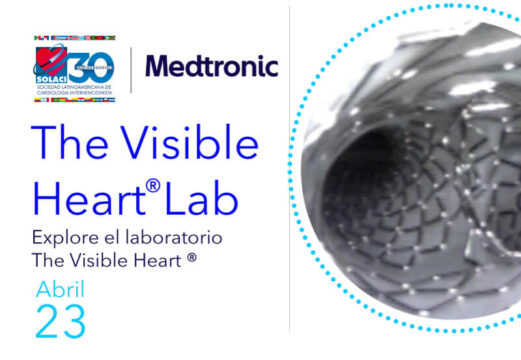At present, transcatheter aortic valve replacement (TAVR) has become the gold standard in the US, regardless surgical risk. The current ACC and AHA guidelines recommend that a Heart Team make the decision for 65 to 80-year-old patients with aortic stenosis. In low risk patients, fast recovery and short term benefits of TAVR should be weighed against long term durability.

Current data from TAVR vs SAVR in intermediate to high risk patients have shown similar survival at 5 year followup. However, while low risk patients have also shown good results at short term, we lack long term data.
Primary end point was all cause mortality or disabling stroke at 3 years.
1414 patients were randomized to TAVR (N=730) and SAVR (N=684). Mean age was 74 and mean STS score was 2 for the TAVR group and 1.9 for the SAVR group. Primary end point was 7.4% for TAVR vs 10.4% for SAVR (P=0.051).
Paravalvular regurgitation mild or low 3 years after TAVR was around 80%, and there were no differences in moderate regurgitation or higher. Patients undergoing TAVR presented good hemodynamic parameters at 3 years.
Conclusion
Patients at low surgical risk undergoing TAVR presented favorable clinical results at 3 years. The composite of all cause death, disabling stroke and hospitalization resulted lower with TAVR vs. SAVR.
These outcomes contribute useful information regarding the excellent performance and durability of prosthetic valves at 3 years in low risk patients. This emphasizes the importance of TAVR in this group of patients.

Dr. Andrés Rodríguez.
Member of the Editorial Board of SOLACI.org.
Original Title: Transcatheter vs Surgical Aortic Valve Replacement in Low Risk Patients: 3-Year Outcomes from the Evolut Low Risk Trial
Reference: John K. Forrest, MD et al.
Subscribe to our weekly newsletter
Get the latest scientific articles on interventional cardiology



